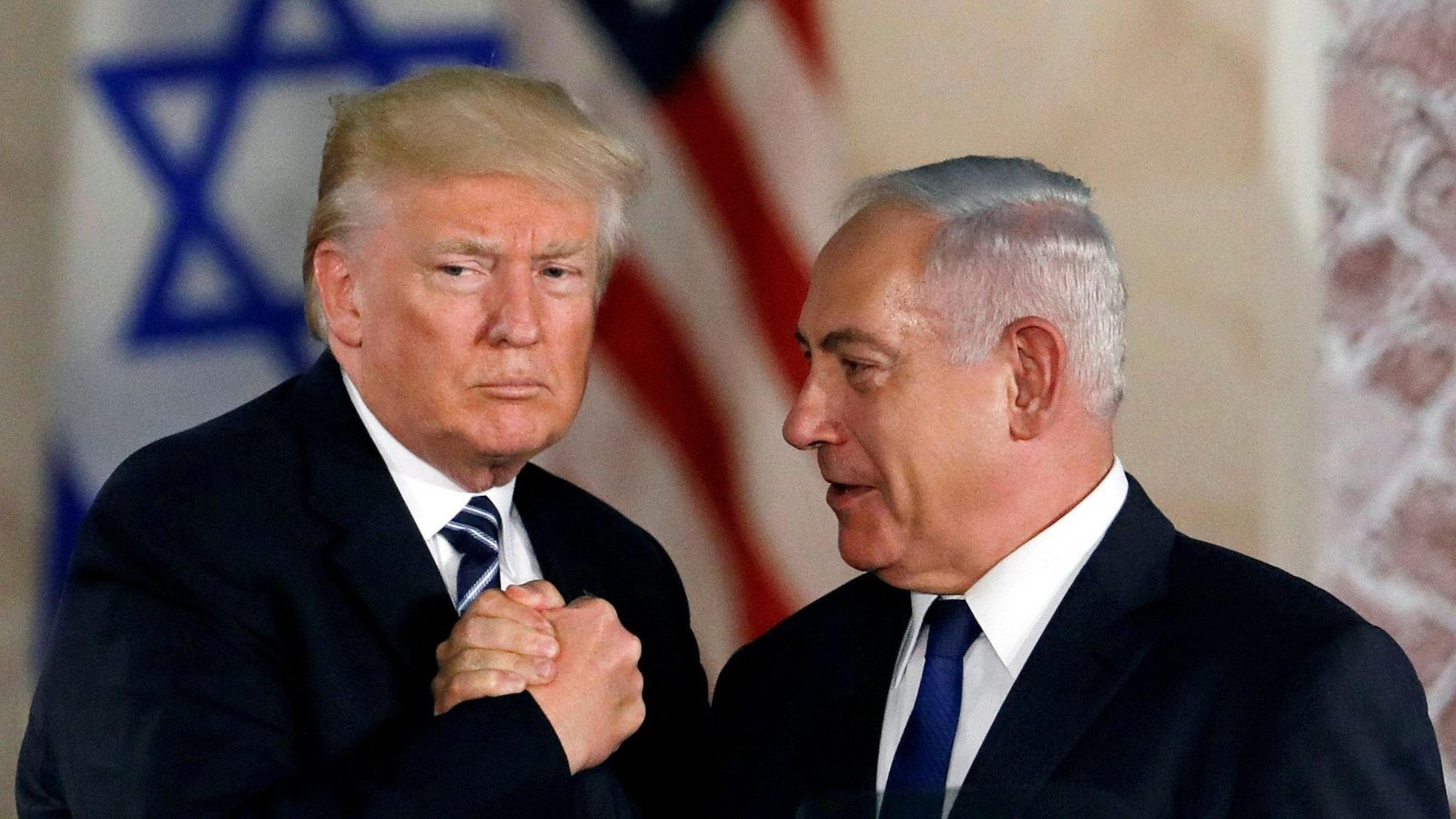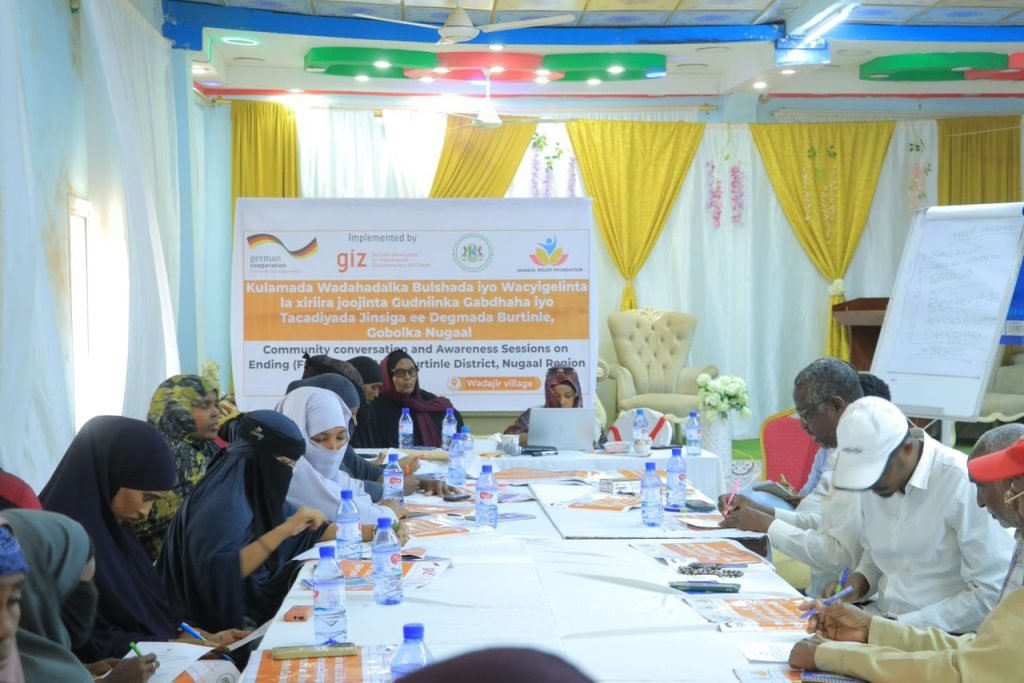Donald Trump’s plan to end the Gaza war and rebuild the territory has gained significant momentum and support from multiple sides. The U.S. president spearheaded the initiative, receiving backing from key Arab and Islamic countries, including Jordan, Egypt, Qatar, Saudi Arabia, the UAE, Pakistan, Indonesia, and Turkey. Even Israel’s Prime Minister Benjamin Netanyahu publicly expressed support for the plan, despite its reference to a potential pathway toward a Palestinian state—a concept he has consistently opposed.
Trump stated that Hamas has “three to four days” to decide whether to accept or reject the proposal. If the answer is no, the war would continue. The plan resembles a proposal previously put forward by President Joe Biden, which ultimately failed due to Netanyahu shifting demands under pressure from hard-right members of his cabinet. Since then, the conflict has resulted in extensive Palestinian civilian casualties, widespread destruction in Gaza, a growing humanitarian crisis, and continued suffering for Israeli hostages.
The Trump framework is notable because it represents a direct attempt to pressure Israel to end the war. Trump has positioned himself as a leader difficult to refuse, creating a sense of urgency for key decision-makers. The document offers an ambiguous nod to Palestinian independence, stating that after reforms in the Palestinian Authority—led by President Mahmoud Abbas in Ramallah—conditions “may finally be in place for a credible pathway to Palestinian self-determination and statehood, which we recognize as the aspiration of the Palestinian people.”
However, Netanyahu explicitly rejected the idea of a Palestinian state. Although he supported Trump’s plan to achieve Israel’s war aims, he insisted that Israel would “forcibly resist a Palestinian state.” This highlights a gap between public support for ending the Gaza war and Israel’s actual position on Palestinian sovereignty.
In conclusion, Trump’s plan carries momentum and international attention, offering a potential avenue to halt the Gaza conflict. Yet, its lack of detailed provisions and clarity on key issues, especially regarding the future of Palestinian statehood, remains a major challenge for successful implementation.



